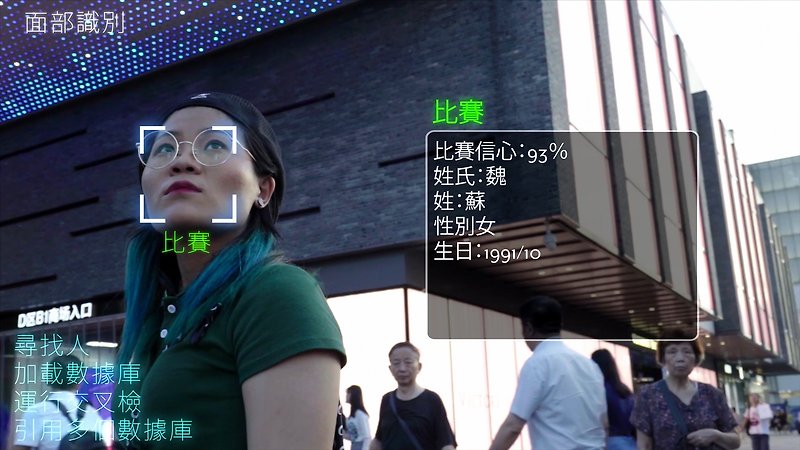“Algorithmic justice” is one of the most important civil rights issues today, says computer scientist and digital activist Joy Buolamwini, in this accessible and compelling documentary about artificial intelligence and the biased algorithms that power it.


Coded Bias contains discovery after discovery about the problems emerging in this field of technology… it’s a conversation that’s only just beginning.
Screened as part of NZIFF 2020
Coded Bias 2020
Joy Buolamwini, who found that facial recognition software does not ‘see’ dark-skinned faces, is one of the activists challenging gender and racial bias in the decision-making software that increasingly impacts on our lives.
We travel to London, where police trialling facial recognition surveillance apprehend innocent, mostly black, people for questioning. In New York, an apartment tower manager requires residents to submit to a biometric security system. But people are fighting back. In Hong Kong, pro-democracy protesters confuse and disable facial recognition software by waving laser pointers and spraying the lenses of CCTV cameras.
Inequitable algorithms developed by white men using “pale, male datasets” are also used to sort college applications, rank resumés, set insurance premiums and evaluate prisoner recidivism risk. Unsurprisingly, the technology repeatedly fails people with non-white skin, women and youth.
How relevant is this to New Zealand? In May this year, our police conducted a trial of Clearview AI’s facial recognition software – which illegally uses images scraped from social networks – without consulting the Police Commissioner or the Privacy Commissioner. — Rebecca Priestley
About the Filmmaker
Shalini Kantayya is an American director, producer and environmental activist. Her feature debut Catching the Sun (2015), about the global race to lead the clean energy future, premiered at the Los Angeles Film Festival. Coded Bias is her second feature documentary.